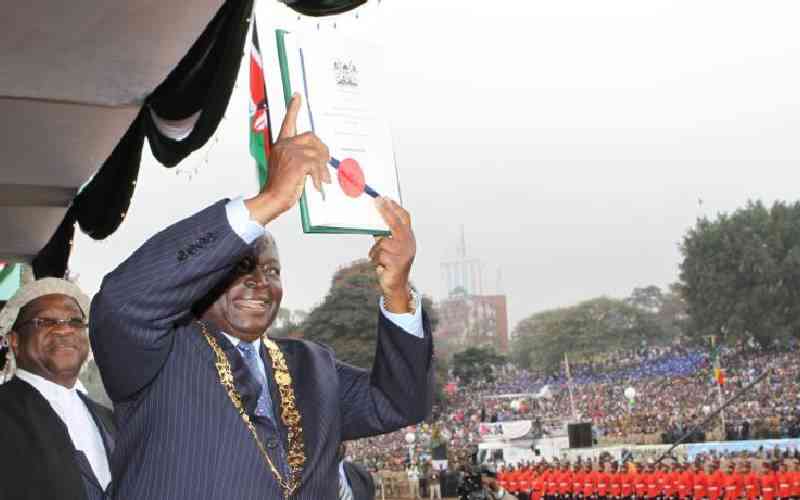
Discussions have emerged as to whether Kenyans need to consider a few amendments to the Constitution of Kenya 2010. That has invited in my heart memories of my A-level days when I acted in Shakespeare's Merchant of Venice.
I later undertook Political Science in my undergraduate studies and not literature because the latter was a course for bookworms which I was not especially good at. I was more of a 'think on your feet' kind of boy who had little patience with that bookish thing. Art, however, has a way of mirroring life and as an administrator, over the years, I have seen sections of what we read in our literature class being enacted in real life.